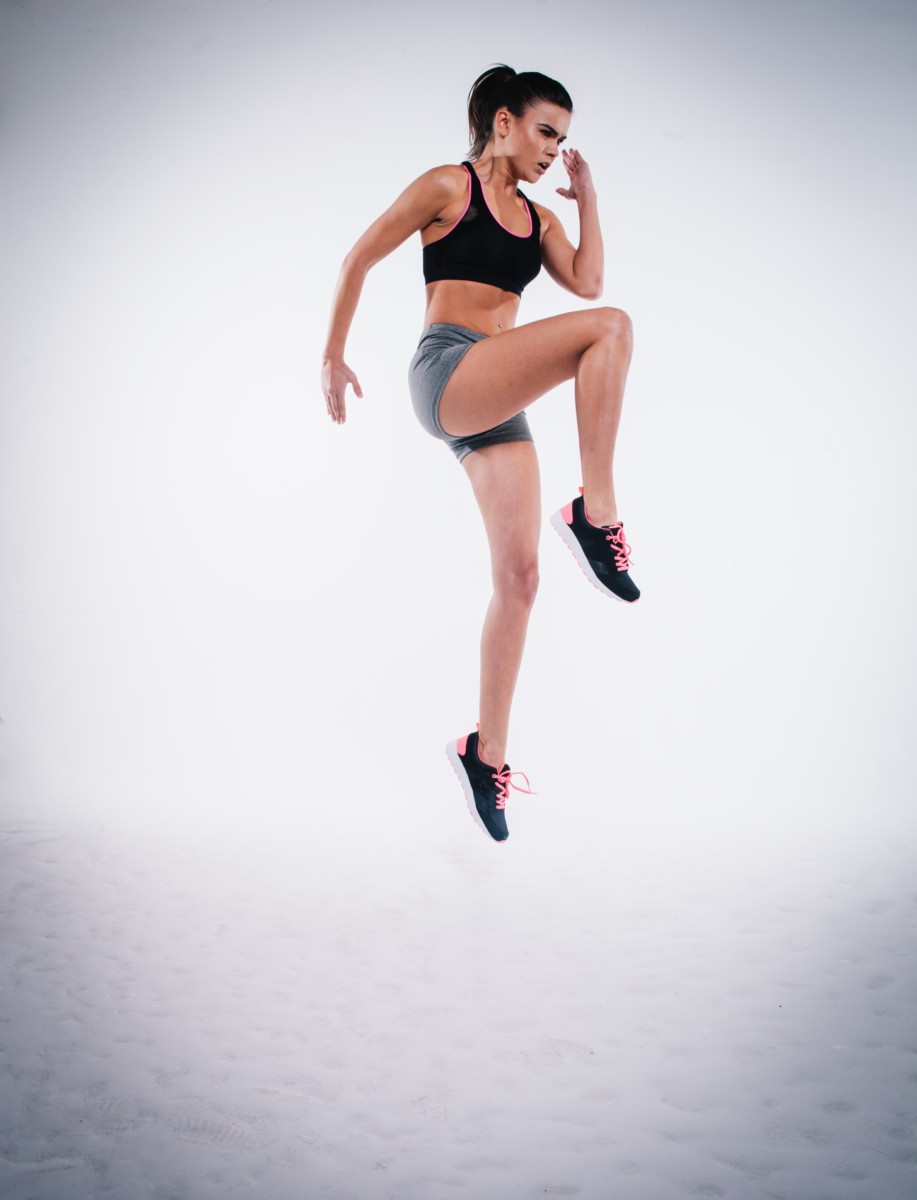Returning to Performance after Injury
It is almost inevitable that performance in sports and exercise will, at some point, result in a struggle to return to performance after an injury. The extent of the injury, circumstances in which it occurred, and availability of resources will have a big impact on how an athlete recovers, which requires return to form, time away, and motivation. Physiological aspects of injury and recovery are usually addressed by a medical doctor and physical therapist (with different specialties involved depending on the injury). Neglecting psychological aspects of the injury and recovery, however, can result in significant set-backs, disappointments, fears, and undesirable changes.
The Psychology of Return
Research has shown that sport psychology can have a dramatic impact on return from injury, whether by working with a sport psychologist or utilizing trained skills. It has been known to significantly reduce recovery time, enhance muscle memory and return to form, reduce or eliminate fear, and improve an athlete’s perception of control. Multiple mental skills can be incorporated to encourage these outcomes. Imagery can be utilized to help the athlete continue to “train” in their head, while at the same time imagining their body healing and returning to pre-injury form. Self-talk helps the athlete to talk themselves through their feelings, thoughts, and behaviors associated with the injury (when it occurred), the recovery (motivation and control), and return to performance (facing fear, cues, inspiration). Using awareness of their body, thoughts, feelings, techniques, tactics, and any changes to performance and execution increase the value of coaches’ feedback and adjustments significantly. Discussing goal setting with the medical providers and coaches can help to orchestrate the best recovery schedule and process in order to reform to form. Identifying the best physical and mental areas on which to focus will enhance the athlete’s insights and knowledge of themself. Utilizing the aforementioned skills will optimize confidence and motivation.
Recommendations for Coping with Injury
1. Talk with coaches and medical providers
2. Use goal setting to schedule a plan of recovery
3. Utilize mental skills to optimize recovery
4. Work with a sport psychologist
